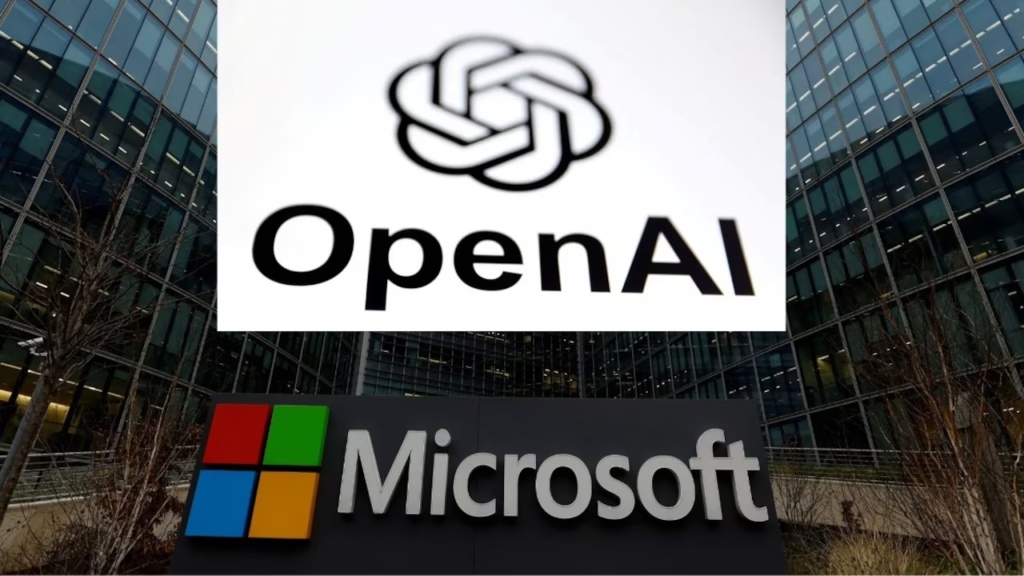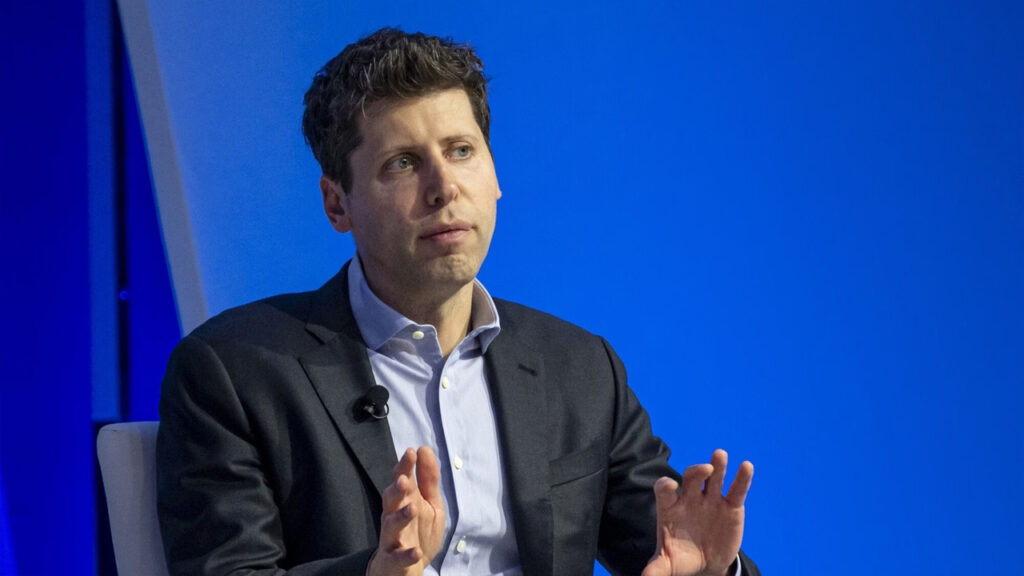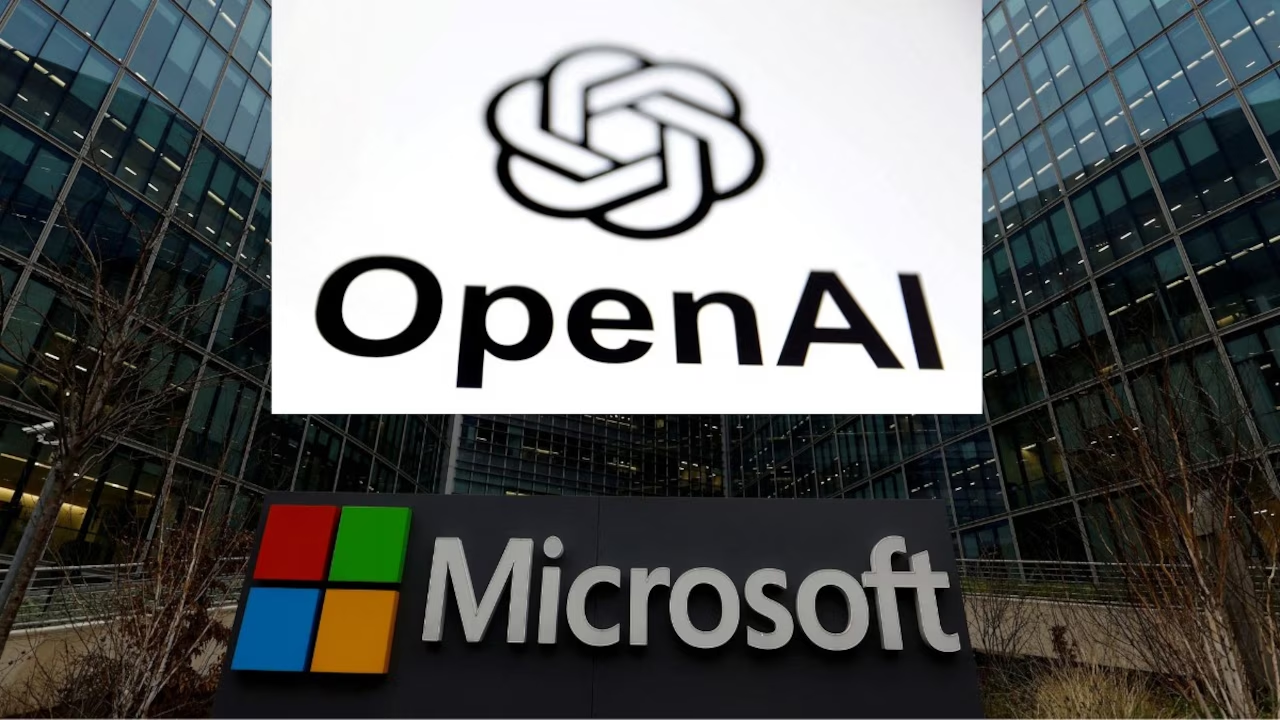Now Reading: Tech Update: The AI Arms Race Heats Up
-
01
Tech Update: The AI Arms Race Heats Up
Tech Update: The AI Arms Race Heats Up

In the fast-paced world of technology, staying current is a constant challenge. Today’s headlines are dominated by the fierce competition in the AI space, with major players rolling out significant updates to their large language models and a renewed focus on AI-driven development.
The AI Arms Race Heats Up
OpenAI is making waves with the official launch of GPT-5, their latest and most powerful AI model. The company’s CEO, Sam Altman, heralded the new model as a breakthrough in reasoning, coding, and general conversation, suggesting it offers a “PhD-level” of knowledge. The release is a direct response to the escalating competition and has prompted rival companies to announce their own developments.
Google, for its part, is enhancing its Gemini platform. A new “Guided Learning” mode is being introduced, specifically designed to help users, particularly students, learn new concepts with step-by-step guidance. This feature positions Gemini as a direct competitor to other educational AI tools. Additionally, Google has launched “Jules,” an AI-powered coding agent that integrates with GitHub, aiming to automate software development tasks directly within a developer’s workflow.
Not to be outdone, Elon Musk’s xAI is also in the spotlight. Following the release of GPT-5, Musk has announced that Grok 2, their own chatbot, will be open-sourced in the coming week. This move is a strategic shift, contrasting with some of the more closed-source models and highlighting the ongoing debate about the future of AI development.
Beyond the Chatbots: Other Noteworthy Developments
The AI race isn’t just about language models. Microsoft has teased a “Windows 2030 Vision” where AI could make traditional input methods like keyboards and mice obsolete. The company’s focus on AI-powered security is also evident, with a new AI Agent designed to independently spot and block malware.
In the hardware and software space, Apple is generating buzz with the release of the iOS 26 developer beta, which features a new “Liquid Glass” design and a useful new feature for setting callback reminders directly from the Phone app. The company’s upcoming premium smartwatch, the Apple Watch Ultra 3, has also been hinted at in the beta, with a full debut expected next month.
Finally, in a significant development for the Indian tech landscape, the Defence Institute of Advanced Technology (DIAT) has launched new M.Tech programs in semiconductor chip design and defence and space electronics. These programs are specifically designed to meet the technological demands of the defense sector and address the future needs of the Indian Armed Forces and private industry, highlighting a national push for self-reliance and innovation in critical technologies.










